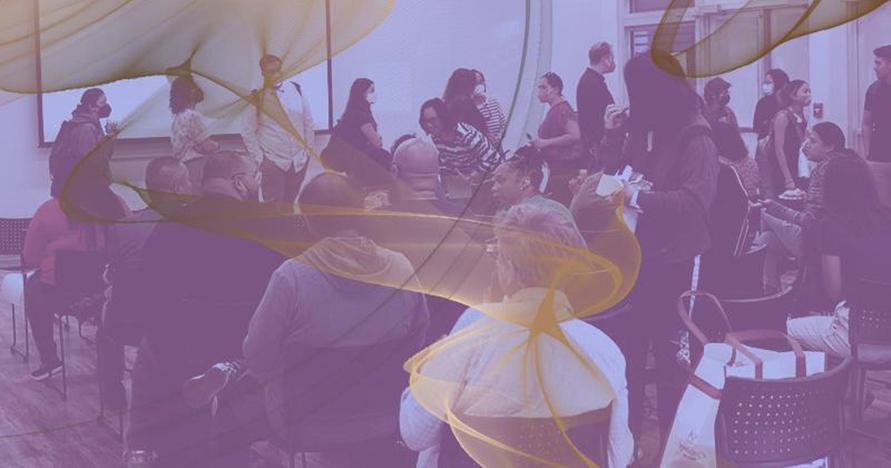
This project seeks to understand the ramifications of Hungary's political trajectory, particularly on Nigerian international students, within the framework of black geographies. Utilizing Debrecen, Hungary, as a focal point, where the largest number of Nigerian international students reside, this research analyzes the dynamics of educational migration, identity negotiation, and placemaking. Through historical analysis spanning from the Cold War era to present-day bilateral agreements, the study explores the evolution of Nigerian-Hungarian relations and the implications for student experiences. Drawing on interdisciplinary methodologies, including surveys, walking interviews, arts-based methods, and discourse analysis of archival materials, the project aims to unravel the intricate intersections of race, gender, sexuality, and national identity in post-socialist Hungary. It examines how Nigerian students navigate both physical and digital spaces, engaging with public monuments, university organizations, and online communities to construct their sense of belonging. By adopting a black geographic lens, this research contributes to broader conversations about migration, identity, and belonging, challenging assumptions about regional identities and interrogating modes of spatial-relational stratification. Through an exploration of Nigerian student experiences in Debrecen, it sheds light on the complexities of black mobilities and the enduring legacy of racialized spatial practices.
Lunch will be served prior to the session, beginning at 11:30am.
Please RSVP for lunch.
